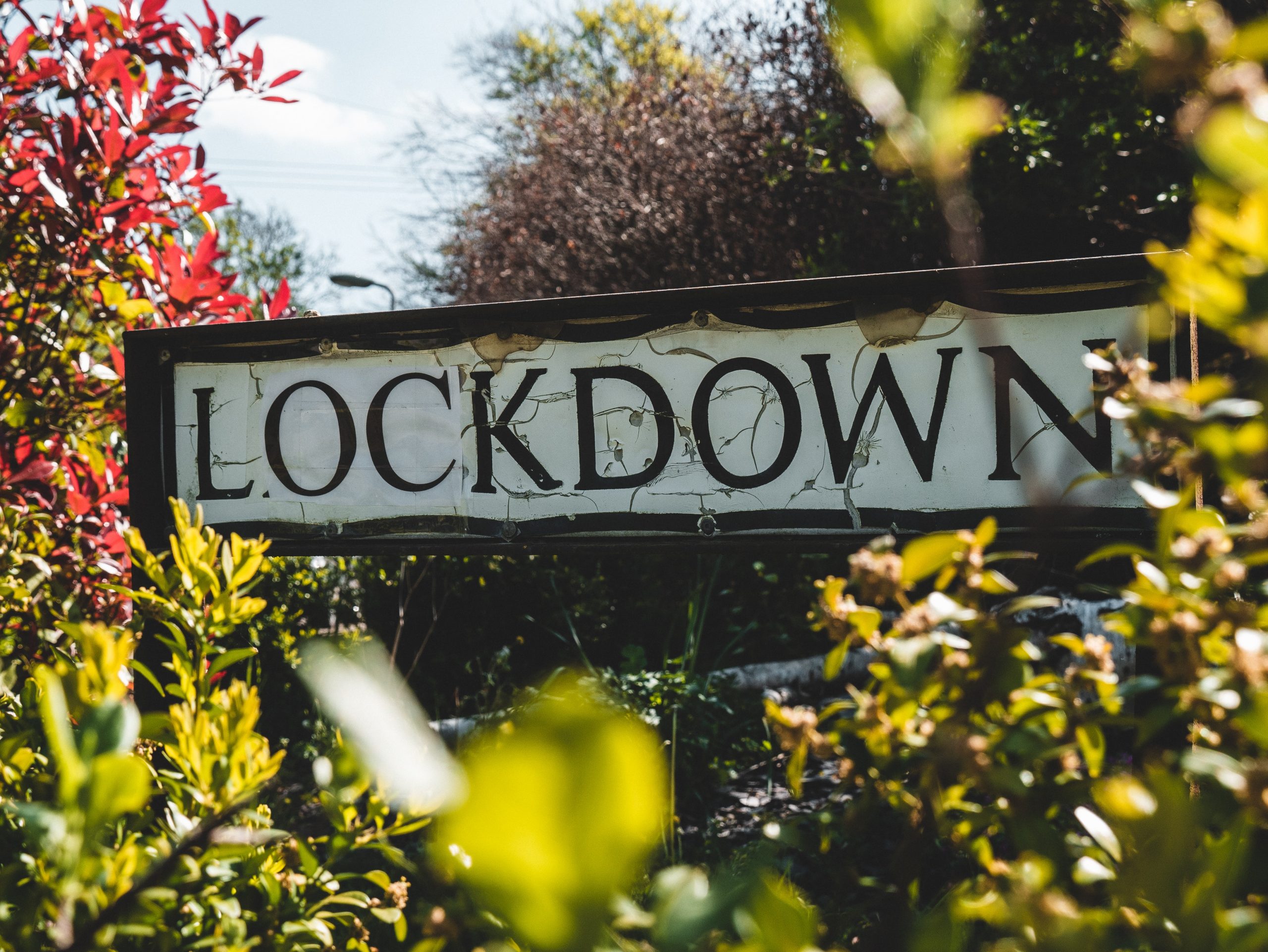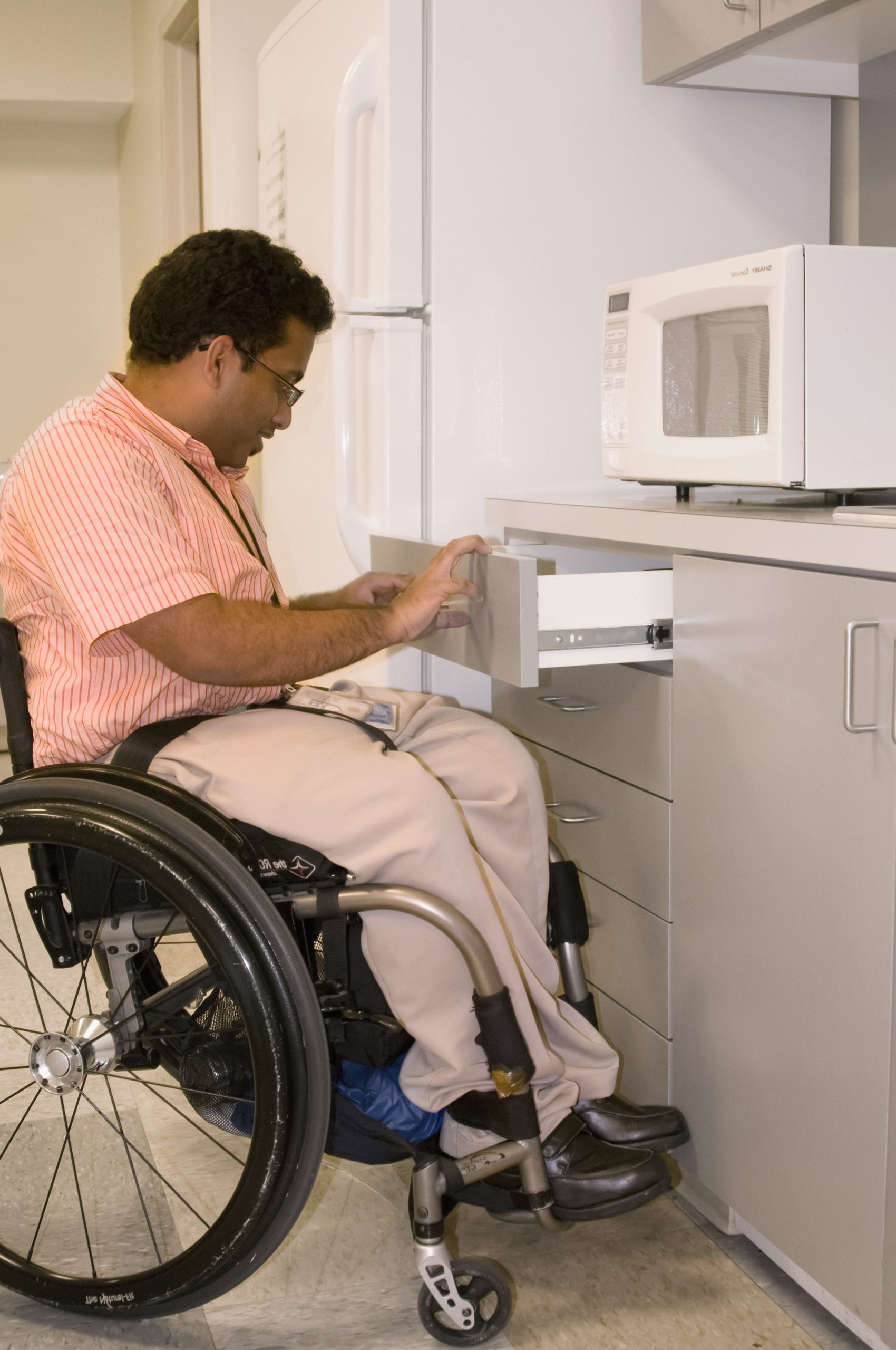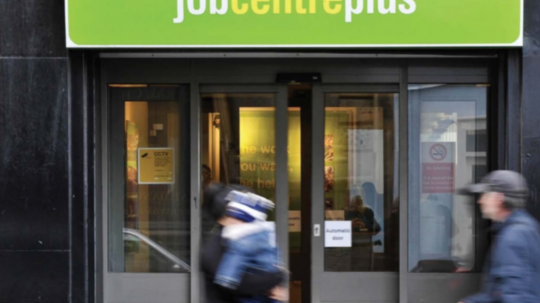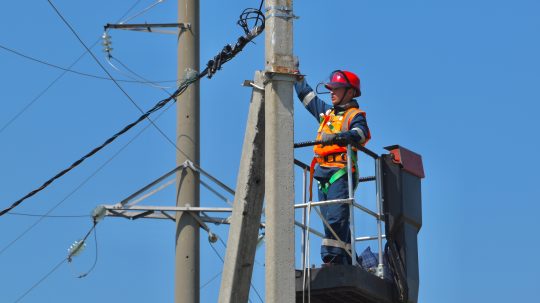The Department for Work and Pensions (DWP) is facing a court case which alleges a human rights breach that could see the Government ordered to pay £1,560 each to over two million benefits claimants.
Starting on 17 November, the judicial review was brought to the High Court by four claimants regarding the Government’s decision not to give people on “legacy benefits” Covid support during the pandemic. The case concluded on 19 November but the judgement has not yet been passed down.
Throughout the pandemic, Universal Credit claimants were granted an extra £20 a week, which came to an end last month. In a controversial decision, the government decided those on legacy benefits – those that pre-exist Universal Credit, including Jobseeker’s Allowance (JSA) and Employment and Support Allowance (ESA) – would not be eligible for the uplift.
Claimants in the judicial review case have argued that their omission from additional support payments amid the pandemic equates to unlawful discrimination in breach of Article 14 of the Human Rights Act which enshrines the right to freedom from discrimination.
Lynn Pinfield, from West Lothian, is unable to work due to multiple sclerosis and is one of the four claimants who brought the case against the government.
“I absolutely think this is a case of discrimination against disabled people, and the High Court should find it unlawful,” she said in a statement ahead of the hearing. “Everyone on benefits should be treated equally. They have made me feel like disabled people don’t matter.”
“During the pandemic, prices were steadily increasing but benefits remained the same, which was a struggle”
If the government loses the case, backdated payment must be provided to all those who missed out on the £20 uplift, which would amount to approximately £1,560 for each person affected.

Credit: Matt Seymour / Unsplash
Jamie Burton QC, the barrister representing the group, said: “This radical and unprecedented departure from many decades of policy intent, achieved with almost no democratic scrutiny and limited analysis of the consequences, has meant hundreds of thousands of seriously disabled people, already disproportionately affected by poverty, have had to get by on historically low rates of subsistence payments during a pandemic that has caused a significant rise in the cost of living for low-income families and disabled people in particular.”
The DWP asserts that providing additional support for people on legacy benefits was too difficult.
A DWP spokesperson told The Mirror: “We do not comment on live court cases. It has always been the case that those who think they may be better off on Universal Credit can make a claim.”

Credit: Engin Akyurt / Unsplash
The legal challenge was originally launched by two disabled people on ESA who were later joined by one person on JSA and another on Income Support.
A YouGov poll found that nearly 50% of the British public said their living costs had increased since the beginning of the pandemic. Inflation also rose, with consumer prices surging by 3.2% in the 12 months leading to August 2021.
“During the pandemic, prices were steadily increasing but benefits remained the same, which was a struggle,” continued Pinfield. “With everyone at home all the time, our bills soared – our electricity bill doubled – and I’ve had to pay it all myself with no extra support.”
Defending the DWP, lawyer Edward Brown said: “The reasons why the government has decided not to uplift legacy benefits are because it would be contrary to the specific fiscal and social policy goals and it would be inefficient and not capable of delivery via legacy payment systems.”
Editor’s Note: Updated on 30/11/2021 to rectify a mistake stating the wrong dates for the court case.







